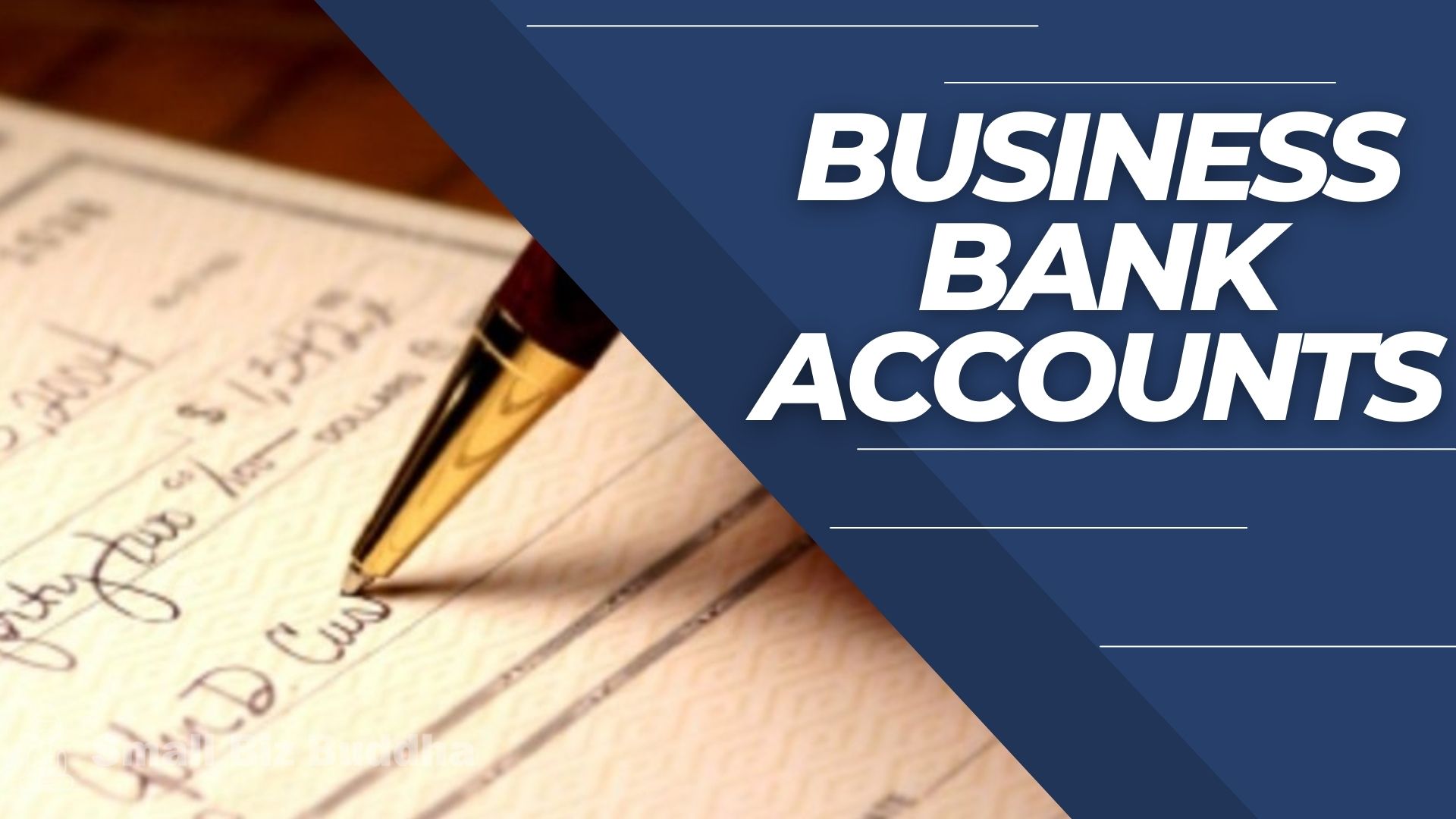Being an owner of a business comes with many benefits and challenges. One of the biggest advantages is having your own bank account to manage day-to-day operations. However, running your own business can also present challenges when it comes to choosing the best bank account for a small business. That’s because a good business bank account should meet several criteria to be useful for you and your company.
What to look for when choosing a bank account for your business
Choosing the best bank account for your business requires a few considerations. First, you’ll need to account for the type of business you operate. If you sell products online and ship them to customers, you’ll likely want an account that has no fees. If you sell services, you may want a bank account that offers a lower rate of interest. Next, you’ll want to consider your personal needs and preferences when choosing a bank account. This includes what type of services you’re looking for, whether you prefer a cellphone plan or internet service, and how much you’re willing to pay for fees.
The best bank for a small business is…
As you might have guessed, there isn’t a “best” bank for a small business. Choosing the best bank for a small business comes down to a few factors, such as the type of business you operate and what you’d like your business bank account to do. A business bank account is a critical component of running your company. You’ll need access to a safe, secure place to store cash, invoices, and inventory, as well as a way to make payments to suppliers. Plus, you’ll need the ability to write checks and access your money at any time. To find the best bank for a small business, you’ll want to look at several factors. First, you’ll want to make sure the bank you choose offers a variety of services to help your company operate. Some of these include business loans, payment processing, and a variety of deposit and loan options. You’ll also want to make sure the bank you choose has the right balance between service and price. Some banks may offer a wide range of services, but charge high fees, while other banks may offer fewer services, but at a lower cost.
Having multiple bank accounts can be confusing. Which one should you use?
If you own a small business and have a bank account for each type of business activity you carry out, it can be confusing to know which account to use. Having several bank accounts can also add an extra level of complexity to your finances, making it difficult to keep track of your finances and avoid over- or under-spending. Having multiple accounts also increases the risk of misplacing important papers and documents, making it difficult to find important information in a hurry. And, if one of your accounts gets compromised, it’s unlikely you’ll have the full amount of funds available with all accounts. To avoid the confusion, it’s best to have one business bank account that you use for all business transactions. This way, you’ll have one place to keep track of your finances and one place to stash your cash and assets.
Bottom Line
Choosing the best bank account for a small business can be challenging. To choose an account that meets all your needs, you’ll want to consider the type of business you run, what you want to happen with your account, and what the right balance is between service and price. Once you’ve narrowed down the choices, it’s best to choose one bank account for your business. Having one account will make it easier to manage your finances and access your funds when you need to. If you want to diversify your investments, you can also choose to open multiple accounts. Finally, make sure you’re aware of the risks of having multiple accounts. If you decide to open more than one account, make sure they’re separated by different institutions and you don’t have any documents that link them together.


[…] why savings account interest rates are so low these days. With the rising cost of operating a bank, other financial institutions have started offering more competitive interest rates to attract […]
[…] its success. Unfortunately, most small businesses don’t have access to loans from traditional banks. Luckily, that doesn’t mean you can’t get the funding you need. Depending on your business and […]
[…] There are no fees to open a small business account. However, there may be fees associated with maintaining the account or accessing the funds from the account. The fee charged for deposits and withdrawals will depend on where you make the transaction and who you deal with. There are also no international transfer fees. There may be fees associated with making an electronic transfer between other banks. […]